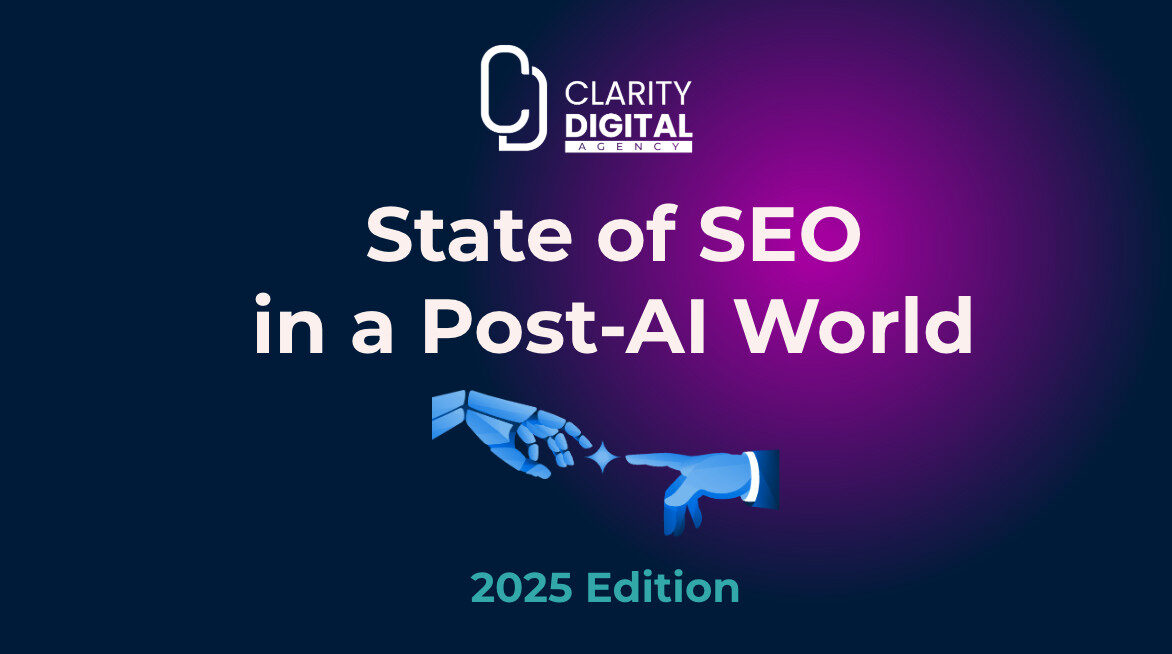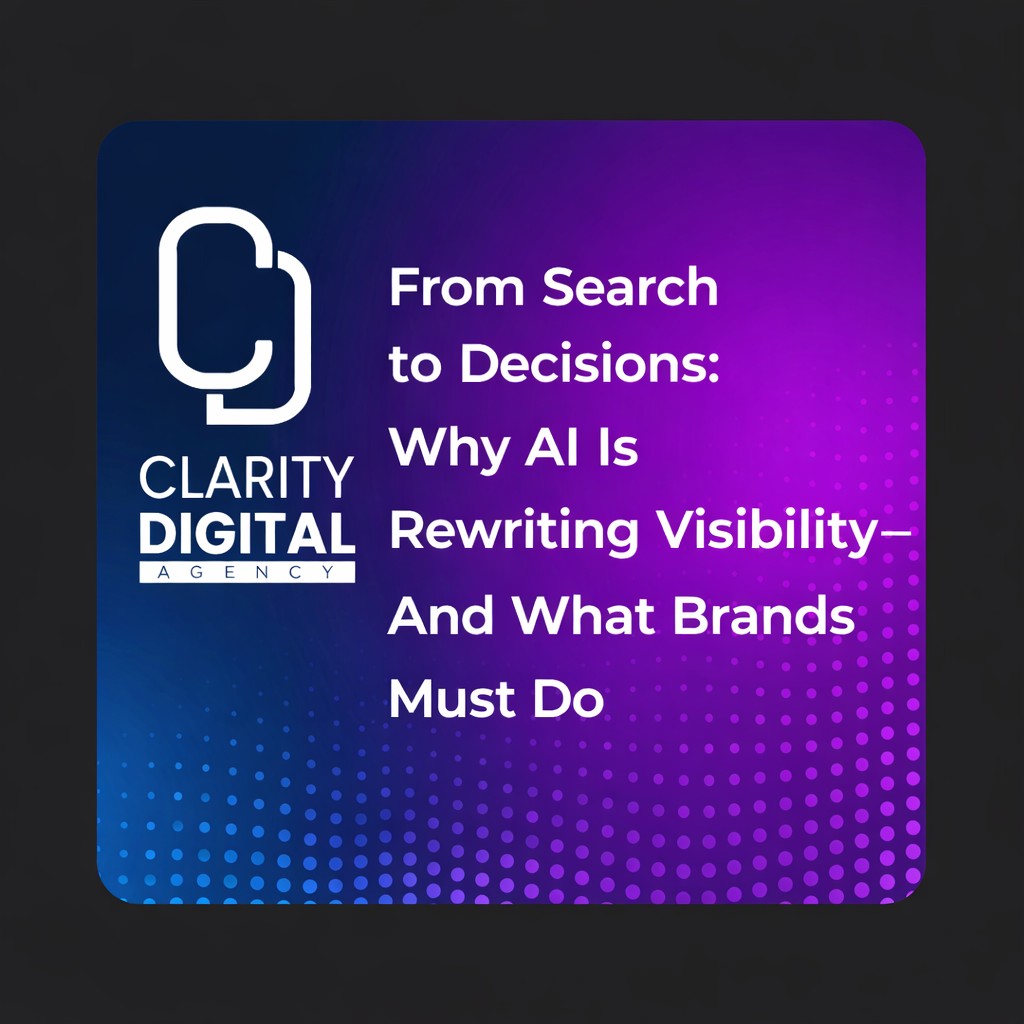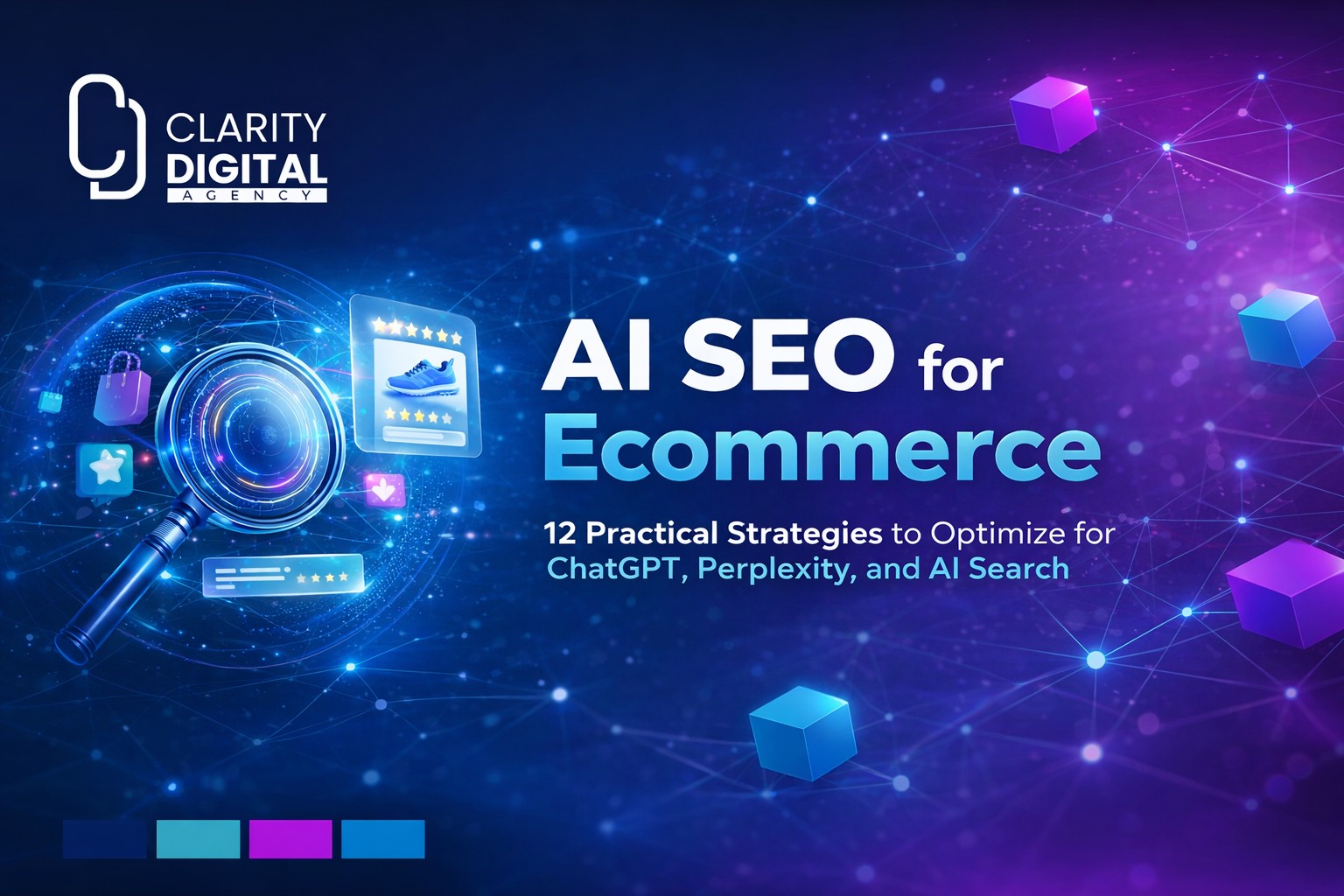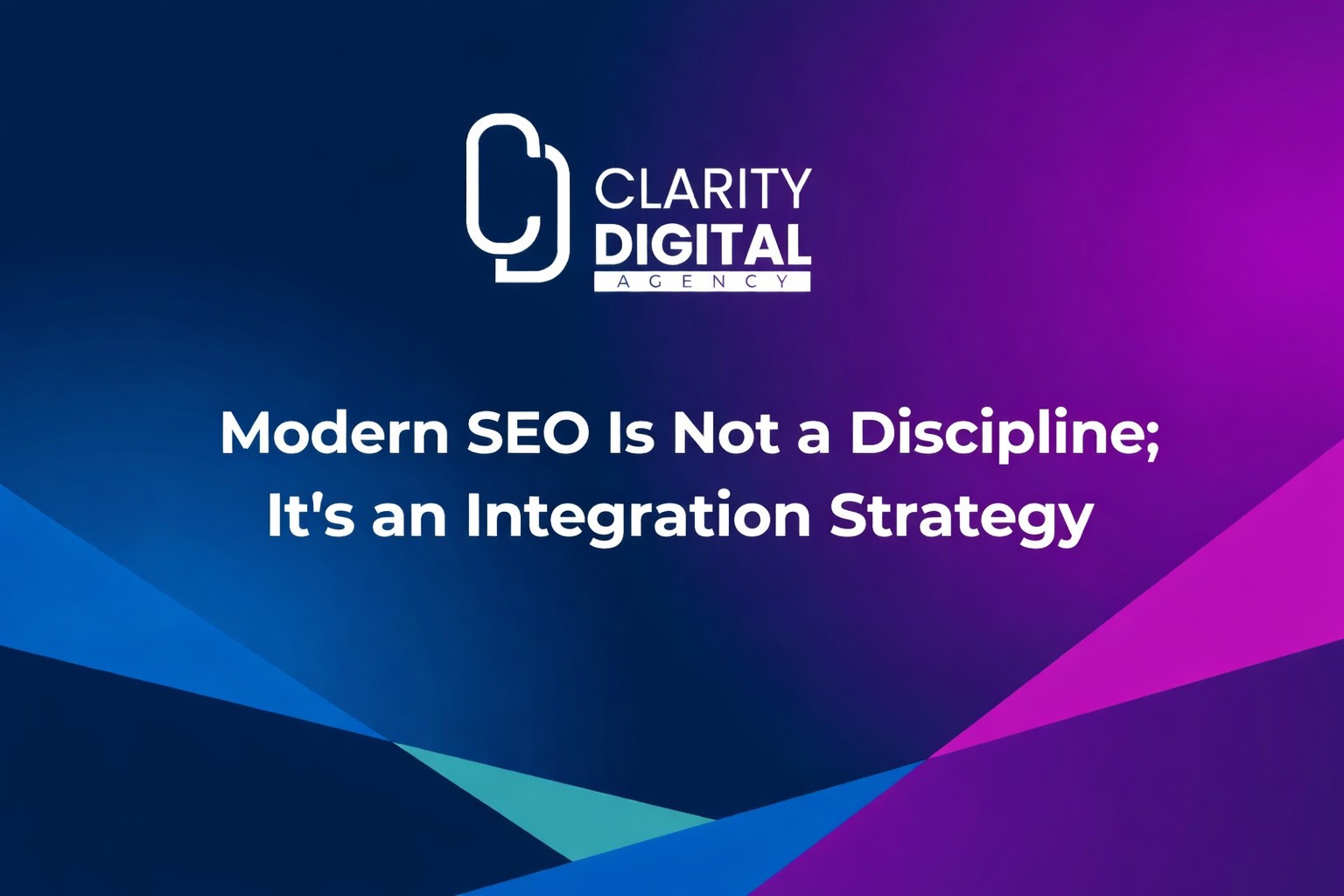It is 2025 and SEO isn’t dead yet and it is not going to die so let’s stop beating that tired drum.
That said, it is changing rapidly. If you’re still optimizing like it’s 2020—or worse, 2015—prepare to feel the shift hit like a freight train.
The rise of generative AI has turned traditional search on its head—Google’s monopoly is weakening, new players like Perplexity, ChatGPT Search and even Google’s Gemini are reshaping how people seek and consume information. Users now want answers, not just links. This is the reality SEO pros, marketers, and business leaders must now navigate.
Following is the unfiltered, data-supported truth about the state of SEO in 2025—and how to stay competitive in an AI world.
From the Early Days of SEO to Today’s Disruption
We’ve come a long way since the days of keyword stuffing, directory links, and exact-match domains. The late ’90s and early 2000s were the Wild West of SEO, full of tricks and hacks. Then came Google’s rise—driven by algorithm updates like Panda, Penguin, and BERT—forcing marketers to clean up their act and focus on quality.
But the real disruption didn’t come from Google. It came from everywhere else.
Accidental Search Engines Took Over
Platforms like Amazon, YouTube, Pinterest, and TikTok began stealing search market share—accidentally. Today:
- Amazon is the #1 product search engine.
- YouTube is where people go to learn.
- TikTok is shaping purchase decisions and buying behaviors.
Google’s grip started slipping.
Source: EMARKETER
The Rise of AI Search
ChatGPT. Perplexity. Gemini. Bing Chat. These aren’t just tools—they’re reshaping user behavior.
Data from Semrush Trends shows ChatGPT referral traffic rose by 60% from June to October 2024. The number of unique domains jumped from 10,000 to nearly 25,000 in just a few months.
When users ask ChatGPT a question, they get direct, conversational answers—often with cited sources. Google, on the other hand, still primarily displays its legacy wall of blue links and sponsored ads.
This shift isn’t theoretical. It’s already here and evolving at an unprecedented rate.
AI Search vs. Traditional Search: A Case Study
Ask both Perplexity AI and Google the same question:
“Is Elon Musk in Trump’s cabinet?”
- Google: 10 links, 3 ads, 2 irrelevant headlines. No clear answer.
- Perplexity AI: A precise, sourced explanation: “No, Elon Musk is not a member of Trump’s cabinet. However…”
Now ask yourself: Which result will the average person trust and engage with?
This isn’t just about preference—it’s a generational shift in search behavior.
SEO Isn’t Dead—It’s Evolving
So what does SEO look like in a post-AI world? Let’s break it down.
Traditional SEO vs. Post-AI SEO
| Before AI SEO | After AI SEO |
|---|---|
| Keywords-based strategies | Contextual, intent- and entity-based SEO |
| Google-centric optimization | Multi-platform, multi-engine optimization |
| Manual content creation | AI-assisted content generation & editing |
| Link building & domain authority | Digital footprint: mentions, sentiment, PR |
| Static algorithms | Real-time, AI-powered indexing |
| Website-centric UX | Personalized, multi-device experience |
| Focus on rankings & traffic | Visibility in AI tools, influence & engagement |
SEO professionals must understand not only Google’s algorithm—but how AI systems retrieve, summarize, and rank information across platforms.
The New Fundamentals of SEO: The 4 Cs Reimagined
Despite the evolution, the core principles of SEO haven’t vanished—they’ve evolved.
- Code: Fast, clean, accessible code helps both humans and machines (APIs, crawlers, and bots) interact with your content.
- Content: High-quality content still wins. But it’s not just about stuffing keywords—it’s about semantic depth, entity relationships, and real answers.
- Credibility: Authority isn’t just backlinks anymore. It now means trust, sentiment, reviews, and mentions..
- Customer Experience: UX now includes AI-readiness: schema, FAQs, answer boxes, video, summaries, and speed. Keeping your users engaged, not just impressed.
What AI Can’t Do (Yet)
Let’s clear the air. AI isn’t replacing human SEOs—it’s replacing lazy SEO.
AI cannot do the following:
- Understand your unique brand goals or positioning.
- Create ethical, compliant strategies
- Lead creative vision.
- Interpret nuanced market dynamics
- Ensure content accuracy (hallucinations are real).
- Build trust, relationships, or thought leadership
- AI is a powerful tool, but you still need a strategist to wield it.
AI is a powerful tool—but you need a human strategist to ask the right questions and make the right decisions.
How to Optimize for AI Search Engines
1. Optimize for Conversational Queries
Use natural, human-sounding language. Think FAQs, How-Tos, and real-world questions your audience asks.
2. Create Multi-Format Content
Think video, blog, audio, and visual summaries. AI engines pull from all formats, not just text.
3. Embrace Entity & Topic Clustering
Use semantic SEO to build context. AI understands relationships between topics, not just keywords.
4. Expand Your Digital Footprint
Earn brand mentions, citations, PR, and positive sentiment across the web.
5. Implement Structured Data
Use schema.org markup to help AI and traditional search engines interpret your content properly.
6. Track New KPIs
Traditional rankings are just part of the puzzle. Start tracking:
- AI answer visibility
- Mention volume in AI summaries
- Share of voice across AI platforms
The Future Role of SEOs & Marketers
If you’re still reporting on page rank and backlinks alone, you’re missing the point.
In 2025 and beyond, SEOs must evolve into strategists, analysts, and educators—guiding their organizations through a new landscape where:
- Google is just one of many platforms.
- Organic discovery includes TikTok, ChatGPT, Amazon, YouTube, and emerging AI engines.
- Your brand’s presence across all channels feeds into how AI answers questions.
The skillset is changing. The game is changing. But the opportunity? It’s massive.
Closing Thoughts: Adapt or Fade
Here’s the bottom line:
- AI is transforming search behavior, not destroying it.
- SEO isn’t dying—it’s diversifying.
- Businesses that adapt to multi-platform, AI-augmented search will gain visibility and relevance.
- Those that cling to old tactics will get buried under AI-generated summaries and zero-click answers.
SEO today requires strategy, tools, technical chops, and above all—a forward-thinking mindset.
At Clarity Digital, we’re helping eCommerce brands, B2B enterprises, and forward-looking companies adapt, compete, and grow in this new era of search. If you’re navigating this AI-infused future and want to make sure your SEO is ready—reach out.
Download the Full PDF: The State of SEO in a Post-AI World (2025)
Prefer to keep this guide handy or share it with your team?
Download the full presentation as a polished, easy-to-read PDF.





